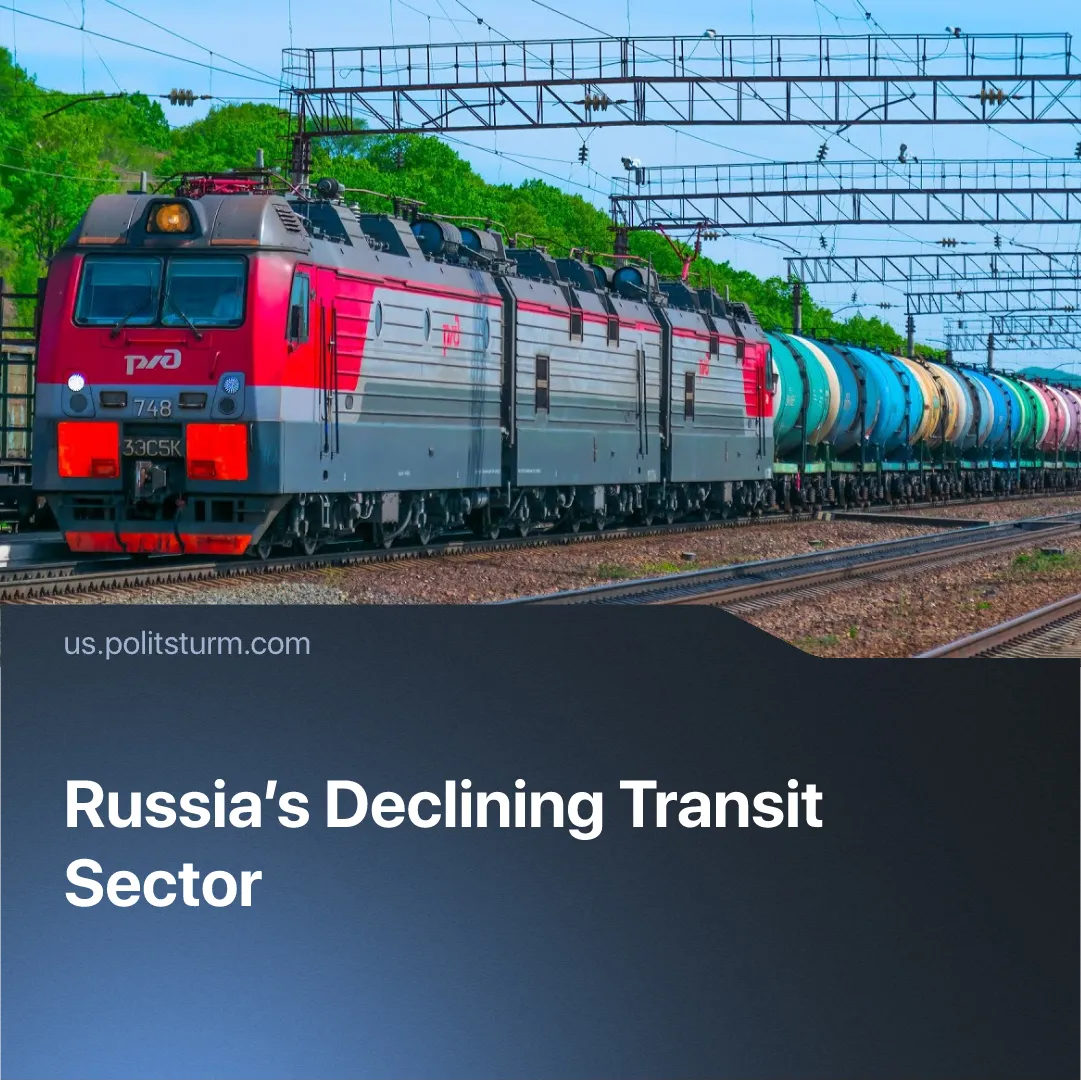Growing problems in Russian infrastructure have become one of the reasons for the Russian leadership to resume negotiations on Ukraine.
Details. Last month Russian railway monopoly "Russian Railways" reported a sharp decline in transportation of oil and ferrous metals. Over the first 5 months of 2025, oil shipments fell by 8.9%, construction cargo fell by 19.4%, ferrous metal loadings and grain decreased by almost 30%. Overall loadings for January-May 2025 at Russian Railways facilities fell by 7.3%, compared to the same period of the previous year.
► Crude oil output has been dropping for five years, including by 8% in 2025 alone. Cargo volumes and shipbuilding have also declined, underscoring a contraction in Russia’s export-linked industries.
► The main negative factors were "the reduction in demand for Russian products on world markets" (i.e. sanctions), logistical problems on the railway network, and a less favorable exchange rate for exporters.
► This event is connected with a sharp slowdown in infrastructure development. At the end of 2024, Russian Railways announced a reduction in investment by 40%. At the same time, 15% of the Russian Railways' fleet now sits idle as cargo moves to multimodal transport.
Context. Russia is the largest country in the world. Rail transport is of great importance to its economy and export. Oil is Russia’s top export, worth $120.5 billion in 2024. Since 2022, India and China have been the main buyers, purchasing at discounted prices.
► On January 10 2025, the Biden administration imposed additional sanctions on Russia’s energy sector, targeting firms like Gazprom Neft and Surgutneftegas and blacklisting 183 tankers from the so-called “shadow fleet” — older or obscurely registered vessels used to bypass sanctions. These measures build on earlier restrictions from 2022–24, but went further by directly constraining Russia’s seaborne export capacity.
► In August, Washington announced secondary tariffs on India and is considering similar measures against China. India accounted for 37% of Russia’s crude exports in 2024, and the tariff threats have already caused shipments to India to fall to one-third of previous levels
► Ukraine has recently targeted Russian oil refineries. The strikes impact a significant portion of Russia's energy supply, raising costs in potentially every industry depending on transport.
► The emergence of information about the reduction in the volume of oil and ferrous metals transportation coincided with Trump's plans to introduce additional sanctions against Russian oil. Following these statements, the Russian leadership announced its readiness for negotiations, and Russian President Vladimir Putin held a meeting with US President Donald Trump in Alaska.


